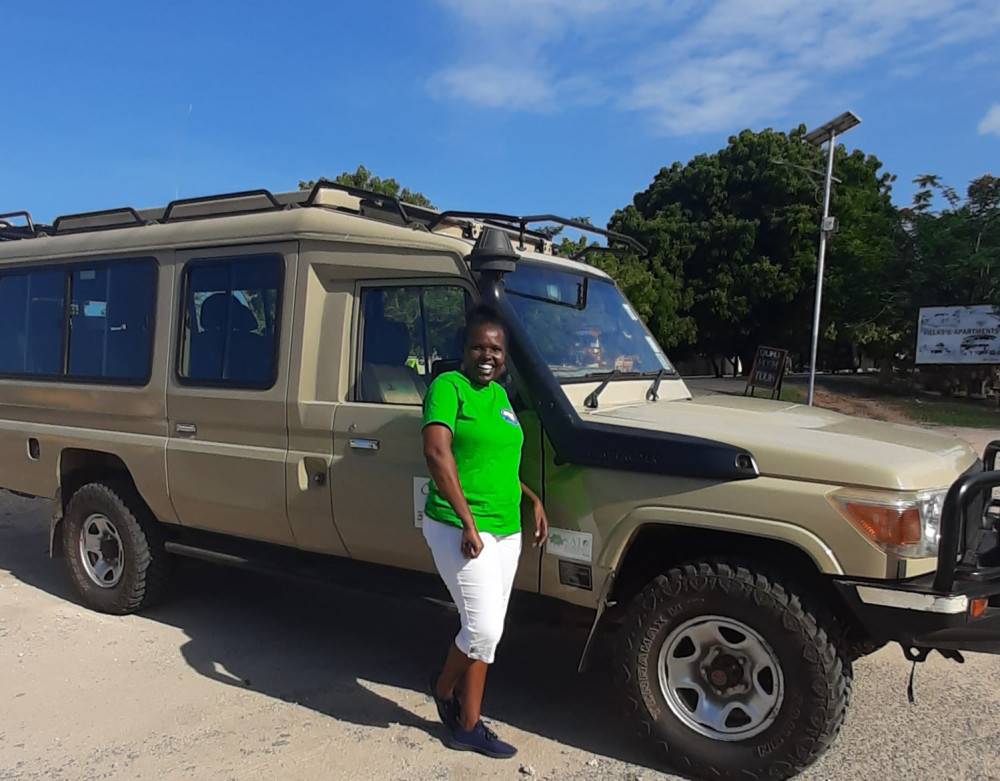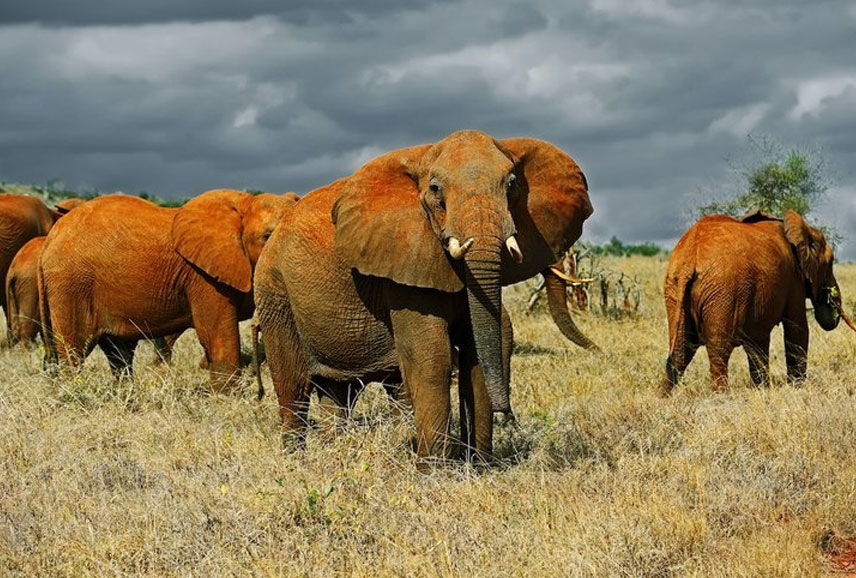New Suggestions For Selecting Island Snorkeling In Mombasa
Wiki Article
What Health And Safety Precautions Should I Be Aware Of While On Vacation In Mombasa?
When holidaying in Mombasa, Kenya, taking appropriate health precautions is vital to ensure a secure and enjoyable holiday. Here are key health issues to consider:
1. Vaccinations
Routine Vaccinations: Ensure that you are up-to-date on routine vaccines such as measles-mumps-rubella (MMR), diphtheria-tetanus-pertussis, varicella (chickenpox), polio, and your yearly flu shot.
Hepatitis A - Recommended for everyone who travels because of the risk of drinking and eating food being affected.
Hepatitis B It is advised for travelers who might be exposed to blood or bodily fluids (e.g. by sexual contacts, medical treatment or through drug use).
Typhoid : This illness is crucial for those staying with family members or close family members, residing in smaller towns or rural areas, and for foodies who like to experiment.
Yellow Fever. A certificate of vaccination may be required for those traveling to countries where yellow fever is a risk. Find out the most recent guidelines.
Rabies: A consideration for those involved with outdoor activities that put the risk of getting animal bites, like hiking, camping, or caving.
2. Malaria Prevention
Antimalarial Medicine: Mombasa is a malaria-endemic zone. Consult your physician about the best antimalarial medicine for you.
Utilize insect repellents made of DEET, long sleeves, long pants and an insect net to prevent bites from mosquitoes, particularly during the night.
3. Food and Water Safety
Do not drink tap water or ice cubes. Avoid drinking the tap water, ice and beverages that are not sealed.
Make sure to eat food that is cooked well. Avoid raw or undercooked meats and seafood. Avoid eating unwashed vegetables and fruits. Be wary of street food and opt for reliable dining establishments.
4. Traveler's Diarrhea
Hand sanitizers and soaps are good alternatives to hand washing. Do not consume any drink or food that comes from a questionable source.
Keep medicines like loperamide (Imodium), and tablets for oral rehydration in your pocket. If the case is severe you should consult your doctor about antibiotics.
5. Sun Protection
Sunscreen: Apply sunscreen that has an SPF of 30 or more. Apply sunscreen regularly, especially after swimming or sweating.
Wear sunglasses and hats to protect yourself from the sun. Also, dress in light, long-sleeved and lightweight clothing.
6. Heating and Hydration
To avoid dehydration, drink plenty of fluids. Dehydration is often caused by excess caffeine or alcohol consumption.
Beware of overexertion Stop for breaks, especially in the hottest times of the day. In case of heat exhaustion or heat stroke, look for shade or cool places.
7. Water Activities: Safety and Security
Swim in Areas which are marked Follow local advice regarding the swimming conditions. Be aware of potential hazards, like strong currents.
Marine Life Awareness: Be aware of and avoid dangerous marine life like jellyfish and sea Urchins. Wear water shoes when walking through shallow water.
8. Medical Care and Insurance
Travel Insurance: Travel insurance must provide medical emergency evacuation and coverage and provide complete coverage.
Local Medical Facilities: Get to familiarize yourself with the local medical services. Most major hotels have details of nearby medical facilities and hospitals.
Medicine: Take a sufficient quantity of all prescription medicines you are taking, as well as copies of your prescriptions.
9. Emergency Contacts
Contact the Embassy of your country for their contact details.
Local Emergency Numbers. Be aware of the emergency number in your area for police (999), firefighters (999) and ambulances (999).
By following these tips for health You can reduce the risk and enjoy your vacation in Mombasa. Have a look at the top kenya tours and safaris Wasini Watamu for blog info including holiday packages mombasa, travel tour companies, kenya beach mombasa, travel & tours company, mombasa travel agency, safaris beach, mombasa packages, travel & tours company, kenya safari holiday, tour firms in kenya and more.

What Should I Know About The Conditions In Mombasa During My Vacation?
To get the most out of a trip to Mombasa in Kenya it is crucial that you know the local weather patterns. Here are the most important conditions to be aware of:
1. Climate Overview
Mombasa enjoys a tropical climate, with all-year-round high temperatures. The forecast is for warm temperatures, with temperatures usually ranging between 24degC(75degF), and 32degC(90degF).
2. Seasons
It is the humid and hot season that runs from November through April. It is also the busiest tourist season in particular during December and January.
Long Rains April-June: The rainy seasons is characterized by heavy rains and thunderstorms. It is often difficult to drive on roads that are muddy. The low season is upon us.
Cooler season (June to Oktober) The temperature and humidity levels are the lowest at this time. The weather is generally pleasant, which makes it a great time for outdoor pursuits.
Short rains (October to November) They are short showers of rain that are less intense. The rains usually last only some minutes, and are followed by bright skies.
3. Packing Tips
Lightweight Clothing: Bring lightweight and breathable clothes like linen and cotton in order to stay cool in the summer heat.
Rain gear: If you are traveling in rainy weather, you should take an umbrella, a waterproof jacket, and a pair of waterproof shoes.
Sun Protection: A sunscreen with a high-SPF, wide-brimmed caps, sunglasses as well as light clothing and covering the skin with light clothes will shield you from strong sunrays.
Wearing Swimwear: Be sure to bring your swimsuit while you are at the hotel pool and beaches.
4. Weather-specific activities
Beach Time: The ideal time to be at the beach is in the cooler months (June-October) during which the weather and sea conditions are nice.
Water Sports To dive, snorkel and other water sports, the clear and calm waters that run from November through March are the best time to do it.
Wildlife Viewing. The cooler months (June-October) are also great for safaris and wildlife trips as the temperatures are more tolerable.
5. The Health Considerations
Hydration: Staying hydrated is essential in the humid, hot climate. Drink plenty of water especially when you spend time in the sun.
Health-related diseases involving heat: Pay attention to the dangers of heat exhaustion or heatstroke. Wear loose clothes and take breaks in the shade, and avoid vigorous exercise during the hottest temperatures.
6. Travel Adjustments
Be ready for delays if you plan to travel during the rainy season. You may find that some roads are closed and outdoor activities could be restricted.
Tropical rains may cause delays to flights. Keep yourself informed of your travel schedule and prepare contingency plans.
7. Environmental Considerations
Natural Hazards - Know that heavy rain can cause flooding. Keep informed of local weather forecasts and follow safety recommendations.
Tide Awareness: Know that tides may vary drastically when planning beach activities. Check local tide calendars to ensure safe beach and swimming.
If you are aware of the significance of the weather, you'll be able to plan your holiday, pack correctly and ensure that your stay in Mombasa is safe. Follow the recommended Kenya safaris for more tips including tour firms in kenya, safaris beach, kenya tourism, africa tours, tour company, kenya safari and beach, travel tour companies, travel tours in kenya, safari mombasa kenya, kenya safari and beach packages and more.

What Safari Planning And Tour Planning Is Needed For A Holiday To Mombasa In Kenya?
In order to ensure that your vacation in Mombasa will be memorable and enjoyable, you should be careful when planning a safari. Here are a few important points to consider:
1. How do you choose the right safari operator or tour operator?
Reputation: Choose the tour operator that has a solid reputation. You can find a list of accredited tour operators with the Kenya Association of Tour Operators.
Check out the different packages offered by various tour operators. Packages are offered with a range of prices and luxury levels, with various durations, lodgings, and activities.
Guides. Make sure the guide is an experienced and well-trained guides, preferable certified by relevant organizations.
2. Most sought-after Safari Destinations From Mombasa
Tsavo: Tsavo West is one of Kenya's most important game reserves. Tsavo West is split into two parts, Tsavo West East. The park's diverse wildlife comprises elephants, rhinos and lions.
Amboseli National Park is famous for its elephant herds and for the breathtaking views of Mount Kilimanjaro.
Shimba Hills National Reserve: Near Mombasa, it offers scenic landscapes as well as the opportunity to observe rare species such as the Sable antelope.
Maasai Mara. Although further than Mombasa The Great Migration is celebrated in this area and provides an unforgettable experience with wildlife.
3. Safaris and Tours - Types
Game Drives. Traditional safaris usually involve 4x4 game drives, which offer close encounters with wildlife.
Walking Safaris - Guided tours allow you to gain knowledge about the more intimate flora, species and plants.
Balloon Safaris. The tours are offered in several national parks like the Maasai Mara. You can enjoy an aerial view of all the animals.
Beach and Bush Combos. Combine a Safari with a relaxing time at the gorgeous Mombasa beach for a varied experience.
Include cultural tours that include visits to local villages, historic sites and Mombasa Old Town.
4. Timing and Duration
The best time of year to visit: The dry time (June - October) is a great time for wildlife to gathers around watering sources. The Great Migration in Maasai mara usually takes place between July and October.
The duration of safaris could range from a day trip to a week-long adventure. Be aware of your schedule as for the time you'd like to stay in Africa.
5. What to Pack
Clothing Light, breathable clothes in neutral colors. Wear the long sleeves as well as pants for protection from mosquitoes in the evening.
Shoes for walking Boots for walking that are comfortable or shoes are necessary, especially for walks.
Accessories: Put on a wide brimmed hat, sunglasses, sunscreen and insect repellent.
Equipment: Binoculars as well an excellent digital camera with additional batteries and memory card are essential for viewing wildlife.
Medicine: Take all medications you'll need for treatment, such as anti-malarials and an essential kit of first aid.
6. Health and Safety
Vaccinations: Ensure you have the recommended vaccinations, and carry the certificate of vaccination if needed.
Malaria Prevention Make use of insect repellent Wear long-sleeved garments at night Consider anti-malarial medications.
Food and water safety Consume only bottled, water that is purified. Eat in restaurants with a good reputation.
7. Costs of payments
Plan your budget carefully. Safaris can be expensive. Think about all-inclusive deals which include meals, accommodation and activities.
Most companies accept payment through debit or credit card. Make sure you verify the payment method used and the deposit required.
8. Environmental and Ethical Problems
Choose eco-friendly operators:
Wildlife Protection: Respect animals by ensuring they have a safe area and refraining from inflicting harm on them. Do not purchase products made of endangered species.
9. Travel Insurance
Travel insurance should cover safari activities, medical emergencies as well as possible travel disruptions.
10. Booking and Confirmation
Advance booking Safaris are very popular and are often booked up fast particularly during peak times. Book well in advance.
Confirmation Confirm the details of your itinerary, including pickup times and your contact information with the travel agent.
You can make the most of your Kenyan trip by arranging a safari or excursion that's well-organized, fun, and enjoyable from Mombasa. Follow the most popular kisite mpunguti marine for blog examples including safari and tours, trip tour companies, mombasa travel agency, safari a nairobi, travel & tours company, safari company kenya, african safari kenya, mombasa tour companies, africa tours, kenya safari packages and more.
